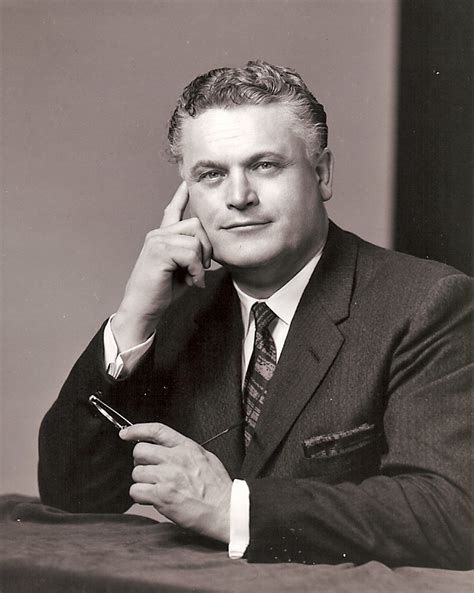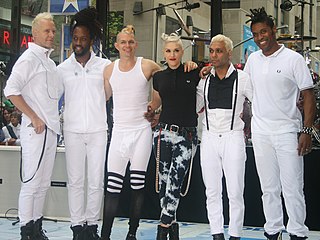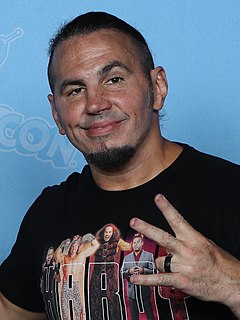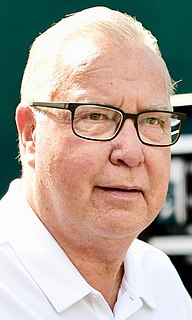A Quote by J. Harold Smith
More people would learn from their mistakes if they weren't so busy denying them
Related Quotes
Fail is a verb not a noun, most people think that when they fail, they become a noun and call themselves failures. People have to learn from their mistakes just as children learn to ride bicycles by falling off bicycles. Mistakes can be priceless if we are willing to learn from them because the price to becoming rich is the willingness to make mistakes and learn from them without blaming or justifying
Be proud of your mistakes. Well, proud may not be exactly the right word, but respect them, treasure them, be kind to them, learn from them. And, more than that, and more important than that, make them. Make mistakes. Make great mistakes, make wonderful mistakes, make glorious mistakes. Better to make a hundred mistakes than to stare at a blank piece of paper too scared to do anything wrong.
They say that there are three kinds of people in the world. There are people who never learn one way or another anything; there are people who learn from their own mistakes, eventually and with great pain; and then there are the really wise people who learn from other people's mistakes and spare themselves the suffering.
I believe that our society's "mistake-phobia" is crippling, a problem that begins in most elementary schools, where we learn to learn what we are taught rather than to form our own goals and to figure out how to achieve them. We are fed with facts and tested and those who make the fewest mistakes are considered to be the smart ones, so we learn that it is embarrassing to not know and to make mistakes. Our education system spends virtually no time on how to learn from mistakes, yet this is critical to real learning.































